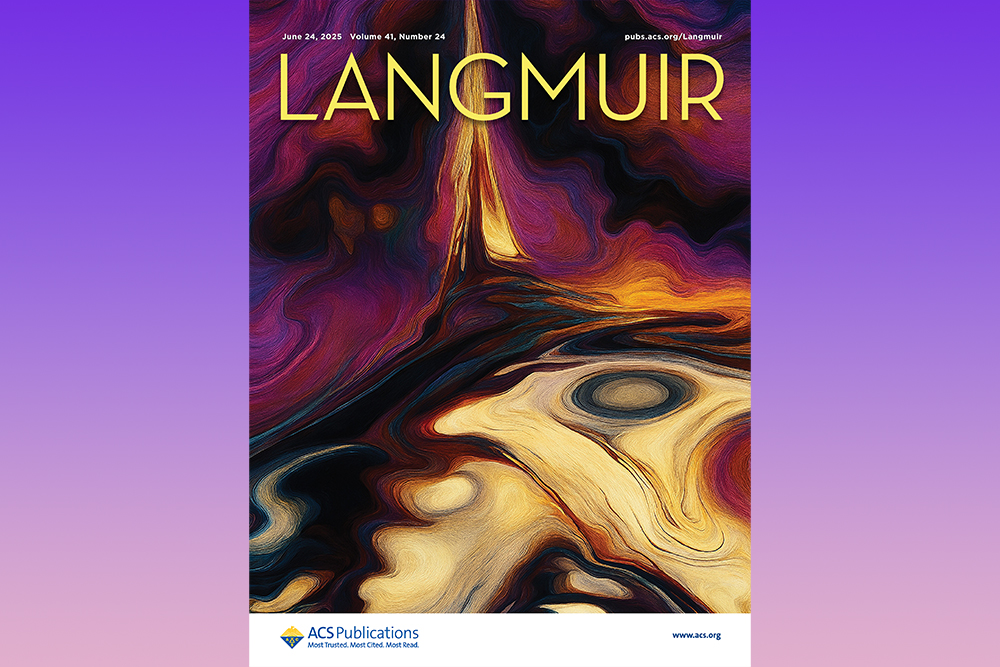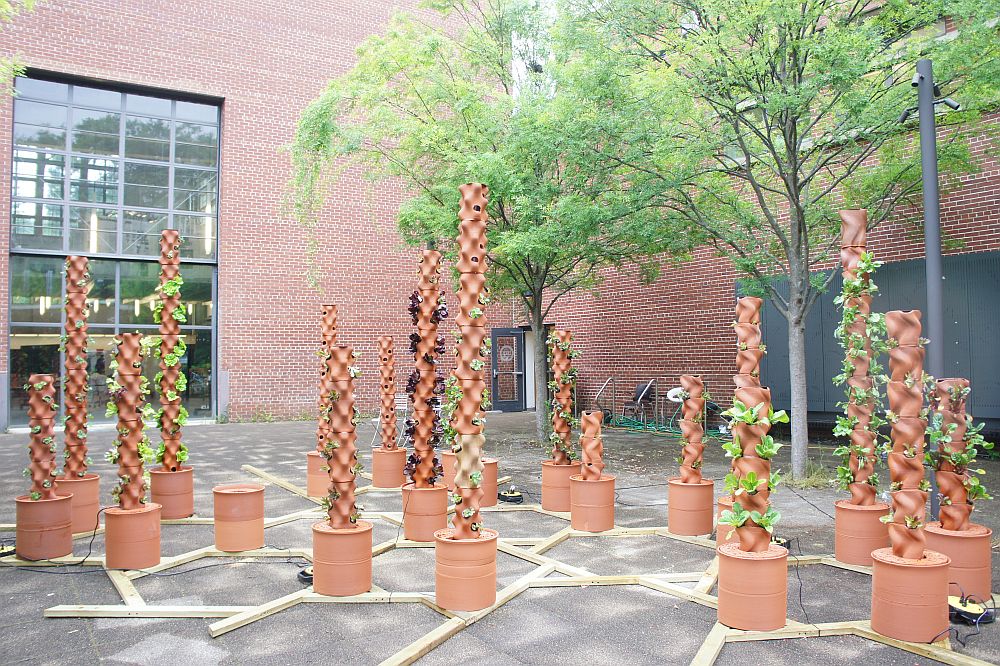
[Image above] Employees prepare ceramic filters for inspection. Credit: Wirat Lerdprom
Most of us living in developed countries take our drinking water for granted. But safe, clean drinking water is a basic necessity of life.
According to The Water Project website, 783 million people—or around 10% of the world’s population—lacks access to clean and safe water. But one student at Imperial College London is working with an organization to lower that number for people living in Uganda.
Wirat Lerdprom, a graduate student in the Department of Materials at the college, visited Uganda in January to work with Spouts of Water (SPOUTS), a charity with a mission to provide safe and clean drinking water for the country’s citizens. The SPOUTS website states more than 10 million Ugandans (one-third) currently have no access to clean or safe drinking water.

Left: Lerdprom (right) consults with SPOUTS factory manager, James. Right: Employees inspect ceramic filters. Credit: Wirat Lerdprom
SPOUTS sources local materials, such as sawdust and clay, among other raw materials to fabricate ceramic filters used in the finished filtration product, Purifaaya—a 20-liter pot with a clay filter at the top and a spout at the bottom. As water is poured through the filter, it physically filtrates and chemically disinfects to provide drinkable water at the spout.
The clay filter also incorporates a thin layer of silver nitrate, which helps remove bacteria.
Purifaaya offers an affordable way for Ugandans to access clean drinking water while providing job opportunities for local residents in the manufacturing and production process.
During his visit, Lerdprom spent five days in the factory working with employees and studying the manufacturing process. He discovered operational inefficiencies in several areas.
So using his knowledge of ceramics, Lerdprom taught SPOUTS factory managers a few basics of ceramic science as well as fundamentals of industrial engineering to help improve overall efficiency of the operation.
Within the week Lerdprom made improvements in three key areas:
- Drying process. Lerdprom was able to control temperature and lower humidity by taking advantage of sunlight and redesigning natural air circulation patterns. SPOUTS will build a new drying barn based on the enhanced design.
- Kiln layout. The new factory SPOUTS is currently building will also incorporate an improved kiln design based on Lerdprom’s recommendations.
- Firing profile. Lerdprom changed the firing profile to extend the time clay pots spent in the kiln. This is the most significant improvement because it resulted in fewer defective pots, contributing to increased production yield—from 55% to 86%.
Lerdprom plans to return to Uganda to lend more of his expertise at the new factory. His goal is to further improve the production process and increase efficiency, with a target yield of 90%.
Lerdprom is a student of ACerS president Bill Lee. “This is an excellent example of a young ceramic engineer using his talents for the greater good,” Lee says in an email. “People sometimes forget that the role of an engineer is to benefit humanity.”
Author
Faye Oney
CTT Categories
- Environment
- Manufacturing
- Material Innovations


